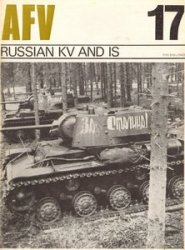Honduras, in contrast to Costa Rica, is the poorest of Central American states, and its high birth rate impedes efforts to raise living standards substantially. The income per head of population in 2000 was less than $1,000. Look up Honduras in the index of a Latin American history and the first subheading is ‘bananas’, yet the miserable returns from the foreign-dominated banana plantations kept the country poor and underdeveloped. Honduras is the most apt example of a ‘banana republic’, practically speaking under US economic control because Americans own most of the agricultural sector and much else besides. US administrations wanted to see progress towards constitutional democratic government and rising living standards, especially during the years of the Kennedy Alliance for Progress, but this would have necessitated agrarian reform, the raising of agricultural wages, and the acceptance of some of the demands made by labour organisations which, in turn, would have damaged the interests of American investors. Official Washington had its own set of priorities. Foremost among them was a wish to halt the growth of the left. The authoritarian military rulers were regarded as safer allies, as well as providing a better guarantee of security for investors.
The policies adopted by Washington from Kennedy to Reagan varied, but ideological and security concerns in the last resort predominated. In 1954, a successful strike by the banana workers against the United Fruit Company ushered in a period of unexpected change in this most backward of republics. After a period of political turmoil Villeda Morales became president and attempted, like Arbenz in Guatemala and Figueres in Costa Rica, to reform Honduras’s rigid social structure and to transform society from above. But when land reforms threatened to hurt the interests of the United Fruit Company, Washington forced a retreat. In 1963 a vicious and bloody military coup overthrew Morales. Although Honduras gradually returned to civilian rule in 1981, the army with its American-trained officers remains, behind the constitutional facade, the real power in the nation. The economy cannot free itself from foreign domination, and progress has been slow, while corruption is rife. In the conflict with Nicaragua, however, Honduras was the most important ally of the US and was host to the principal Contra bases.




 World History
World History









